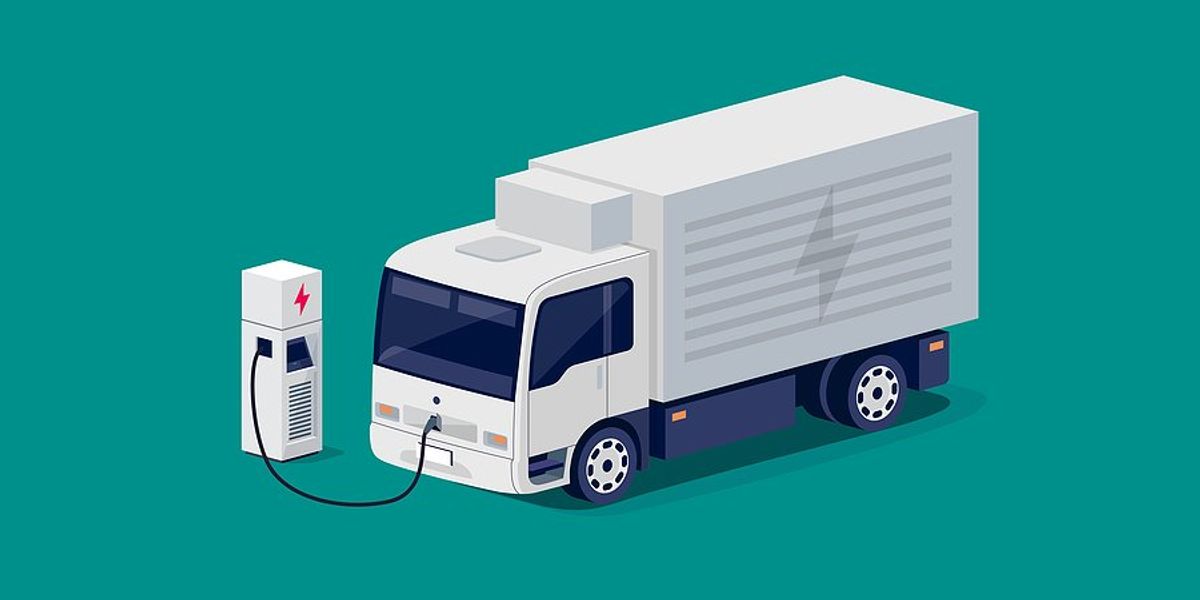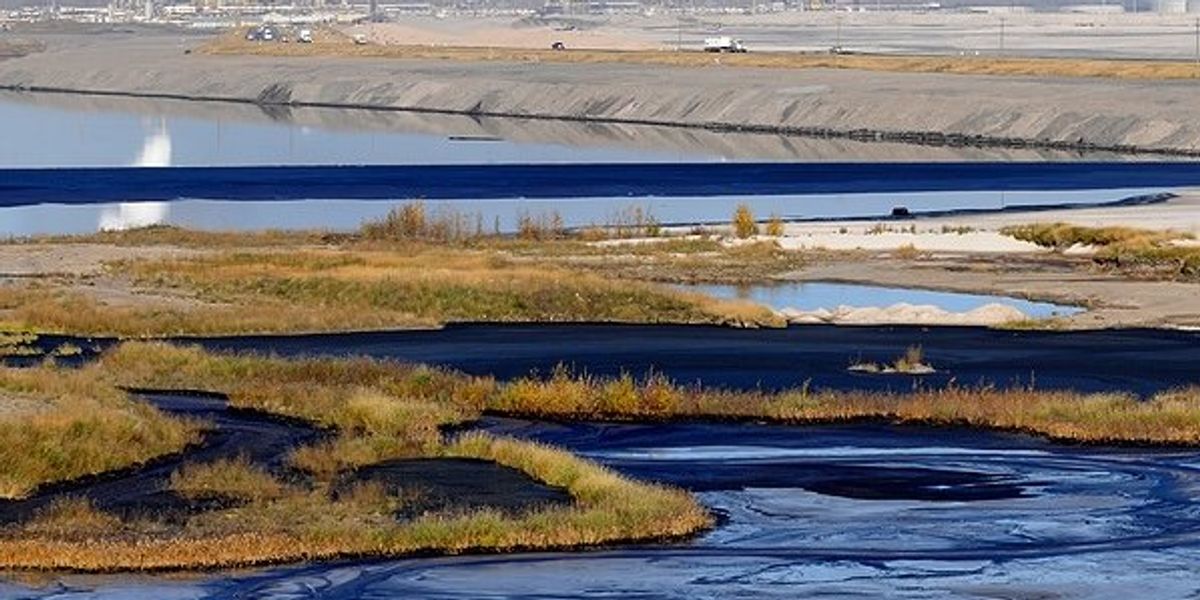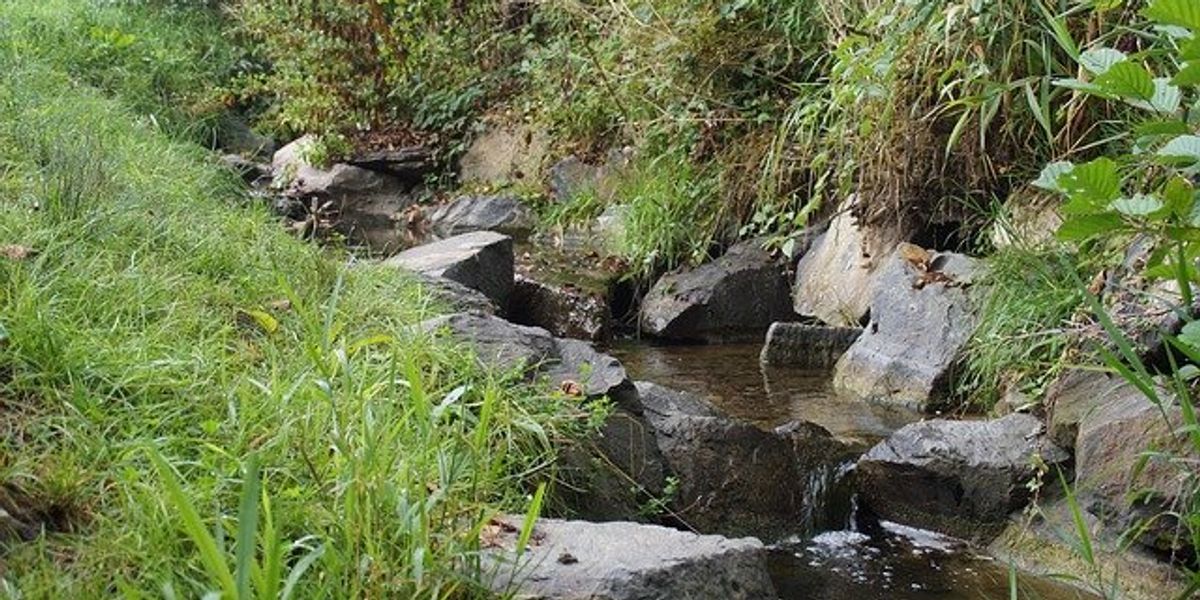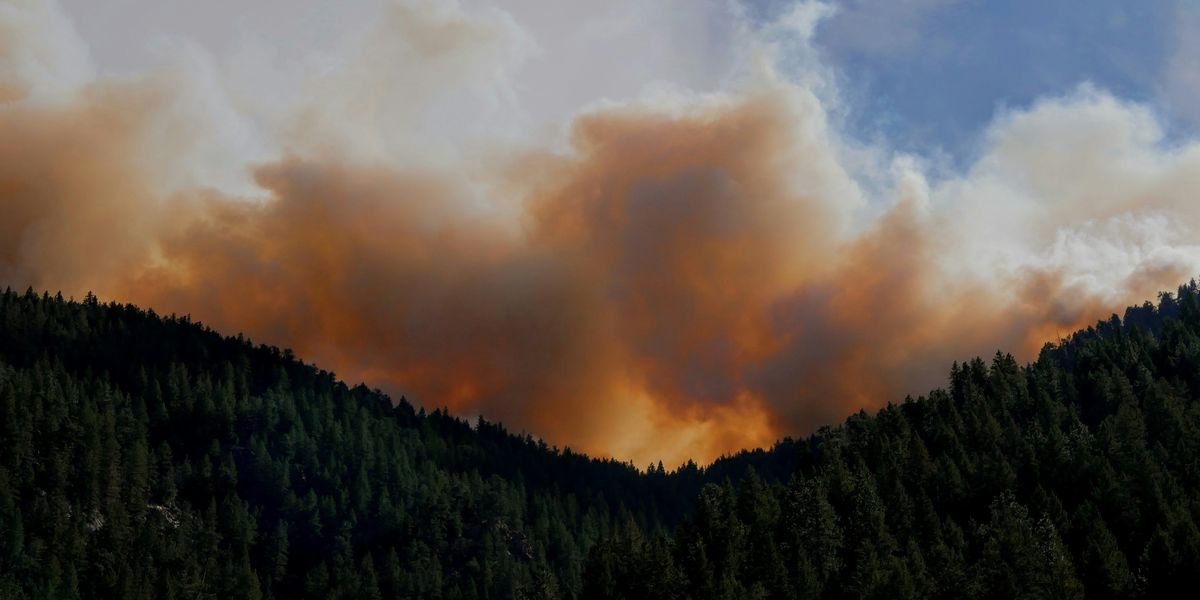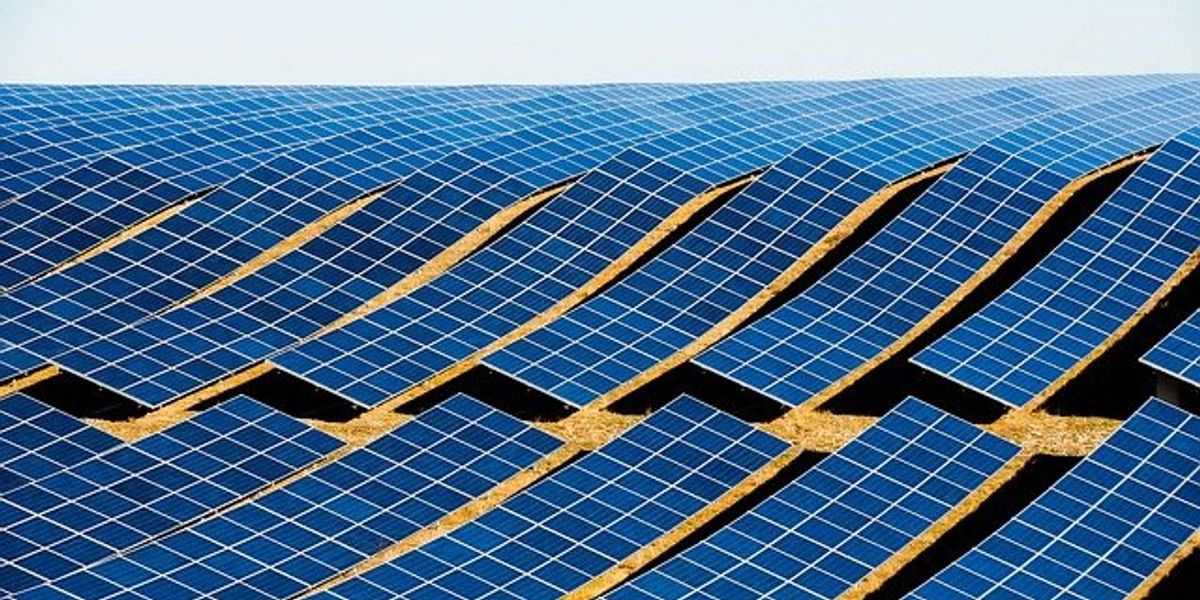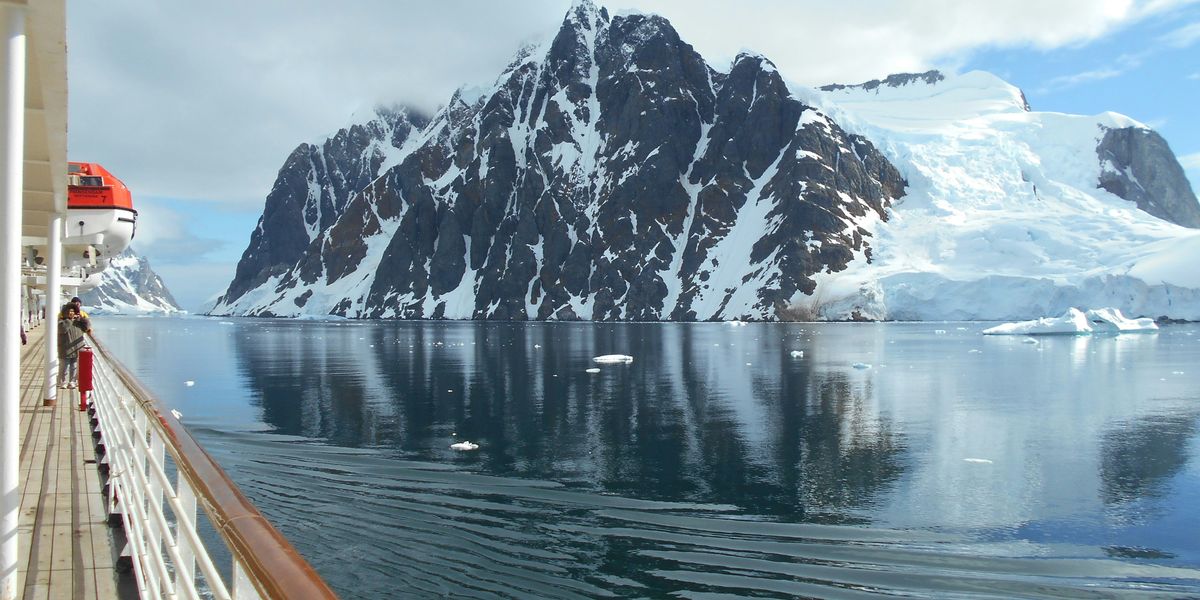cultures
Indigenous fire practices show potential for wildfire resilience in California
A Miwok fire practitioner sees signs of renewal in wildfire-scorched California landscapes, advocating for wider use of Indigenous cultural burns to manage land and reduce wildfire risks.
In short:
- Don Hankins, a Miwok cultural fire expert, observes ecological resilience in areas managed with cultural burns during the Park Fire in Northern California.
- Indigenous fire practices, which have been restricted by historical policies, show promise in reducing wildfire intensity by promoting native species and reducing flammable grasses.
- Despite success on smaller scales, significant policy barriers prevent widespread adoption of cultural burns.
Key quote:
“Indigenous communities often recognize colonization as the beginning of the climate crisis.”
— Don Hankins, cultural fire practitioner
Why this matters:
Indigenous fire practices could play a crucial role in mitigating wildfire risks as climate change intensifies. Addressing policy barriers may allow these methods to be implemented more widely, enhancing ecological resilience.
Related: LISTEN: Deniss Martinez on Indigenous science and cultural fire practices
Lithium mining poses risks to Indigenous cultures and environments in Argentina
In the arid terrains of northern Argentina, Indigenous communities face a looming threat from lithium mining that jeopardizes their water sources, culture, and traditional way of life.
Megan Janetsky, Victor R. Caivano, and Rodrigo Abd report for The Associated Press.
In short:
- Indigenous communities in the "lithium triangle" of Argentina, Chile, and Bolivia risk losing their cultural heritage and essential water sources to lithium mining.
- As the global demand for lithium, crucial for green technologies, skyrockets, native people worry about the environmental and cultural costs.
- Legal and environmental battles intensify as local governments and mining companies push for lithium extraction, overshadowing Indigenous rights and ecological concerns.
Key quote:
"We will lose everything. What will we do if we don’t have water? If the mines come, we’ll lose our culture, we won’t be left with anything."
— Irene Leonor Flores de Callata, resident of Tusaquillas
Why this matters:
Companies and the Argentine government tout the economic benefits of lithium mining, including job creation and a stake in the burgeoning renewable energy market. Yet the challenge remains to ensure that the rush for "white gold" does not lead to exploitation and environmental degradation.
In push to mine for minerals, clean energy advocates ask what going green really means.
Recommendations target US oil, gas leasing across the West
An Indigenous leader from New Mexico and former U.S. Interior Secretary Bruce Babbitt called on the federal government Tuesday to overhaul its oil and gas leasing program to ensure the protection of cultural resources, saying for far too long tribal expertise has been ignored to the detriment of sacred landscapes.
Too hot to handle: Politics of warming part of culture wars
When it comes to global warming, America's political climate may have changed more than the Earth's over the past three decades. The Associated Press' #30YearsofWarming series continues.









